We were lucky to catch up with Nora Wilhelm recently and have shared our conversation below.
Nora, thanks for joining us, excited to have you contributing your stories and insights. So let’s jump to your mission – what’s the backstory behind how you developed the mission that drives your brand?
I became a changeworker when I was just 16 years old. After witnessing the pain that exists across the globe, in our history as well as in our present, I channeled all of my grief into action, and decided I wanted to be a part of the change. It was clear to me that I would dedicate my life to a more just and regenerative future, the question was just how.
I began by working with other young people, mobilising them to become a part of the conversation, to care and to shape our future. I worked with the European Youth Parliament, the UN, the Red Cross, and more. After 8 years of promoting active citizenship, participation and more representation, I saw the social and environmental challenges we are facing are much more deeply entrenched than I first thought. We have known about the dangers of climate change for decades, we are even seeing its consequences unfolding life now causing great loss of life, habitat and property. And yet, we have not been able to change course as a global civilisation. Similarly, we know about the dangers of inequity and the concentration of power, our history teaches us enough lessons on this as do studies about the unrest and conflict that emerges whenever inequality rises. And yet, inequality keeps increasing.
I asked myself: How come? And found the field of systems change. Systems thinking allows us to look at the challenges we are facing more holistically, and move beyond fighting the symptoms. For instance, we don’t just focus on removing plastic from beaches and the oceans, we also ask: why does it end up there in the first place? Who is promoting and allowing single-use plastics? Who benefits from this? And then we work to change the laws, structures, lacking frameworks and feedback loops, to be able to course correct when our system is producing results that are detrimental to us as a species, so long as we want to continue living on this planet for years to come.
My work was incredibly meaningful, and we did a lot to advance systems change work in Switzerland, where I am from. We trained dozens of people in this work, co-initiated hundreds of new projects and collaborations, delivered countless speeches and panel discussions… It was important work, but I was never not working. Eventually, my health took a toll. I was diagnosed with acute burnout and chronic depression in 2021, and spent a good chunk of Summer 2022 in a burnout clinic.
I had to learn the hard way that you cannot pour endlessly from an empty cup. That you can’t pave the way for a more regenerative and just future by exploiting yourself. So I started to make changes in my life, and one of those changes was including more art and creative self-expression in my life. Dancing, making music, playing with clay or paint – all of these have tremendous mental health benefits, and they also allow us to reconnect to ourselves, to rekindle our creativity and hope. In 2023, I created the well • change atelier to make these practices accessible to more people. So the story behind our mission is that we want to support the changeworkers and caregivers of this world. To take care of the givers. To encourage them to also replenish their own inner wells, rather than just take care of everyone else.
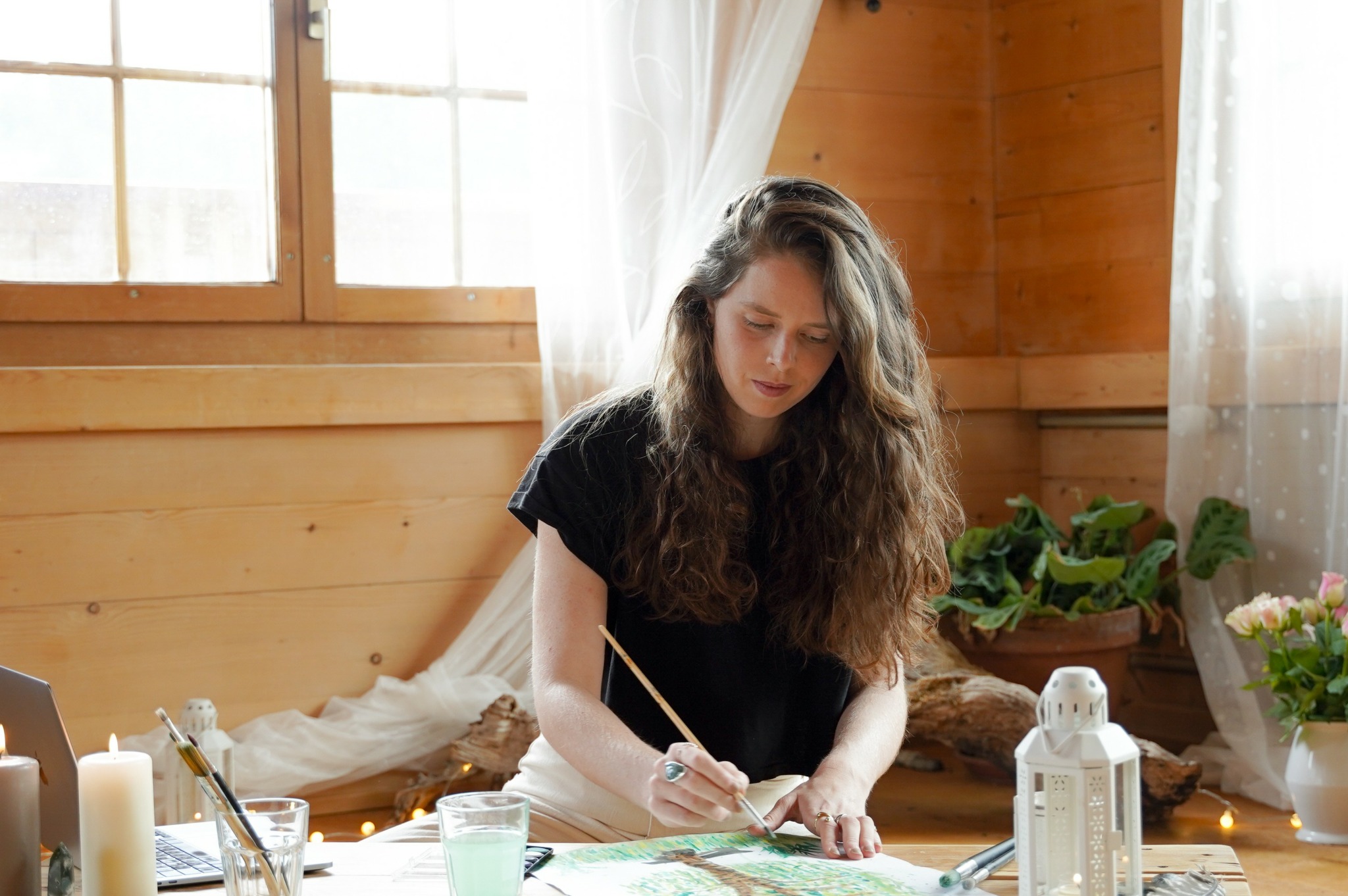
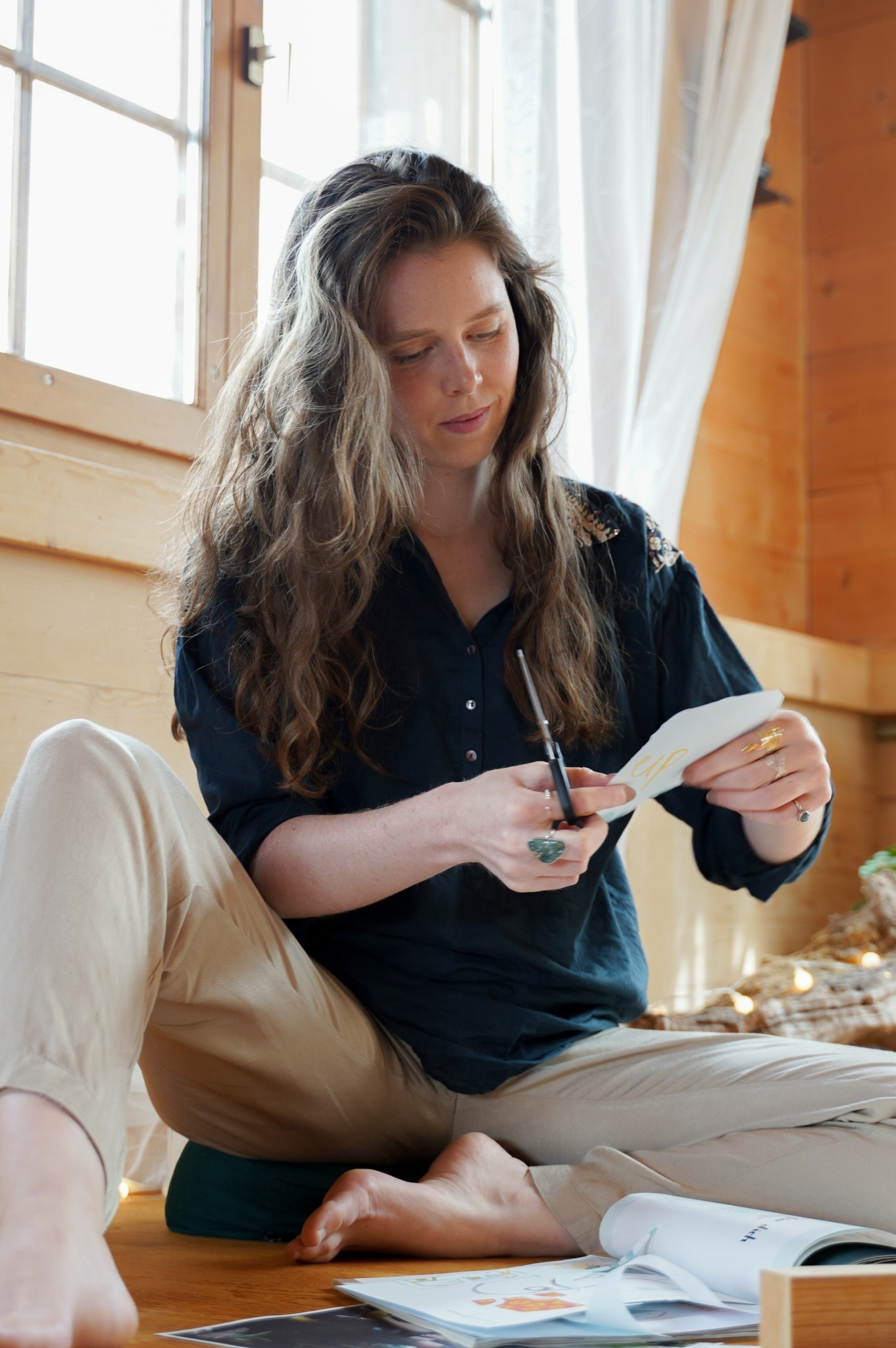
Awesome – so before we get into the rest of our questions, can you briefly introduce yourself to our readers.
The well • change atelier is here for everyone, but was specifically created for the believers in a better tomorrow, changemakers, and people who hold too much of the world on their shoulders even if they don’t realise it yet. We wanted to do something to nourish those who care about other people and the world, and struggle to take care of themselves.
Our offerings support people in reconnecting to themselves, rekindling their creativity, and regenerating their body & mind through art-based workshops, tools, and practices. To make this as accessible as possible, most of our offerings are online. Some happen live, many you can do in your own time, whenever suits you best.
The important distinction here is that our workshops are not ‘art classes’. The point is not to learn a specific technique or perfect a style of painting (though you will of course be experimenting with many different ways of creating). The point is not the output, but the process, and the benefits it generates for you.
Our workshops support participants for instance in feeling more grounded again by working with clay, under the guidance of one of our international experienced teachers. Or, in a workshop called ‘Empowerment through Embodiment’, another one of our experts guides you through a movement practice that helps us release stagnant energy, difficult emotions, and find our sense of agency again. We also host a yearly ‘Visioning the new year’ workshop, which uses collage as a method but is much more intuitive and profound than your usual ‘vision-board’. The process is powerful, and often yields deep insights for the participants. They describe feeling energised again, having found clarity about their next steps, feeling more connected to themselves, and so on.
It is related to art therapy in a way, where the process of creating can be healing, or generate new insights. However, there is no therapist in the room – you are free to go through your process however you wish, and you draw your own conclusions. It is a very empowering and often transformative experience. I am very proud that the well has grown into a space where many people can experience the power of art-based practices, some for the first time and others time and time again. In doing so, they strengthen their resilience, rekindle their creativity and move forward with more confidence. It is a joy to witness and contribute to that.
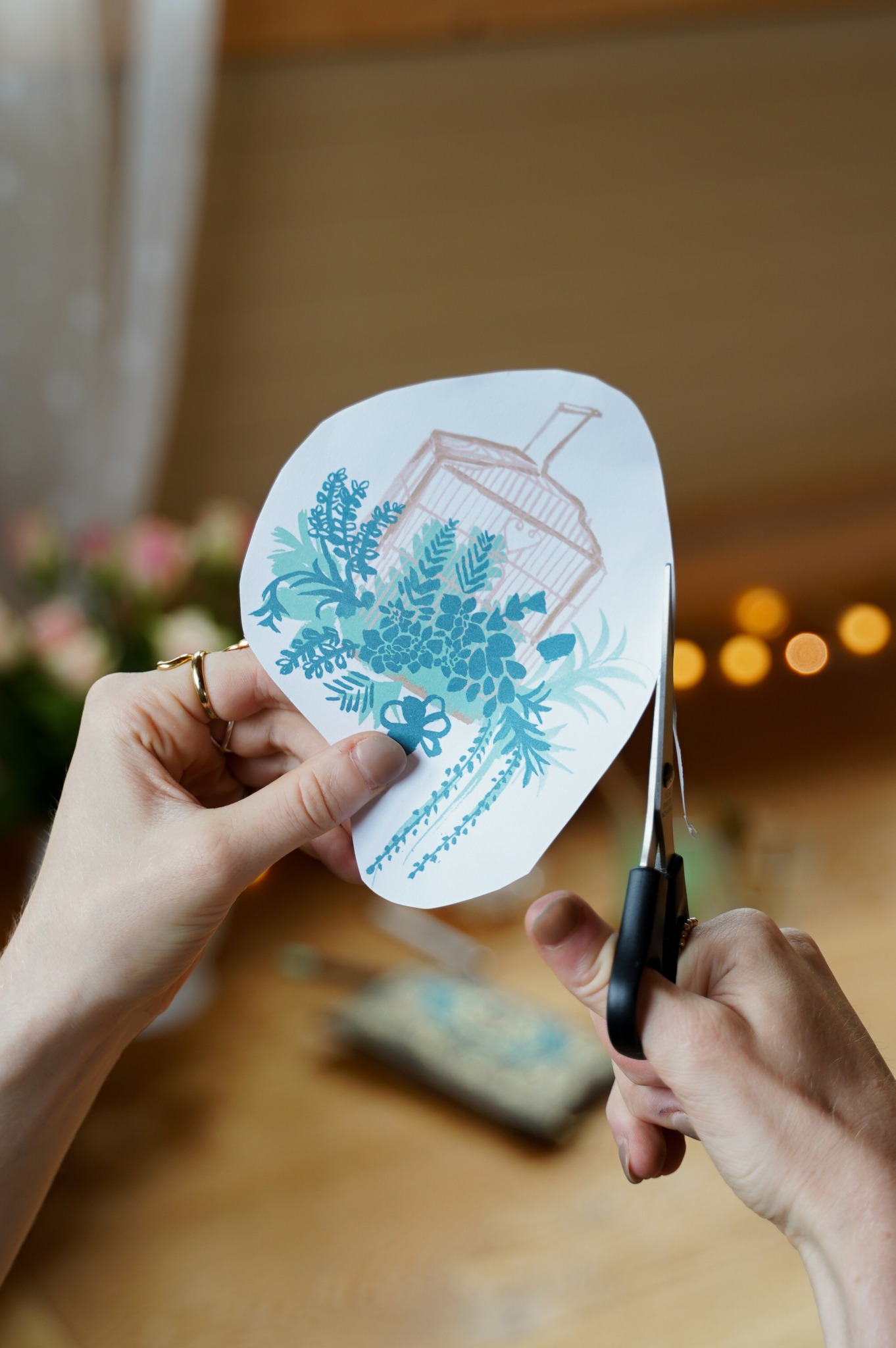
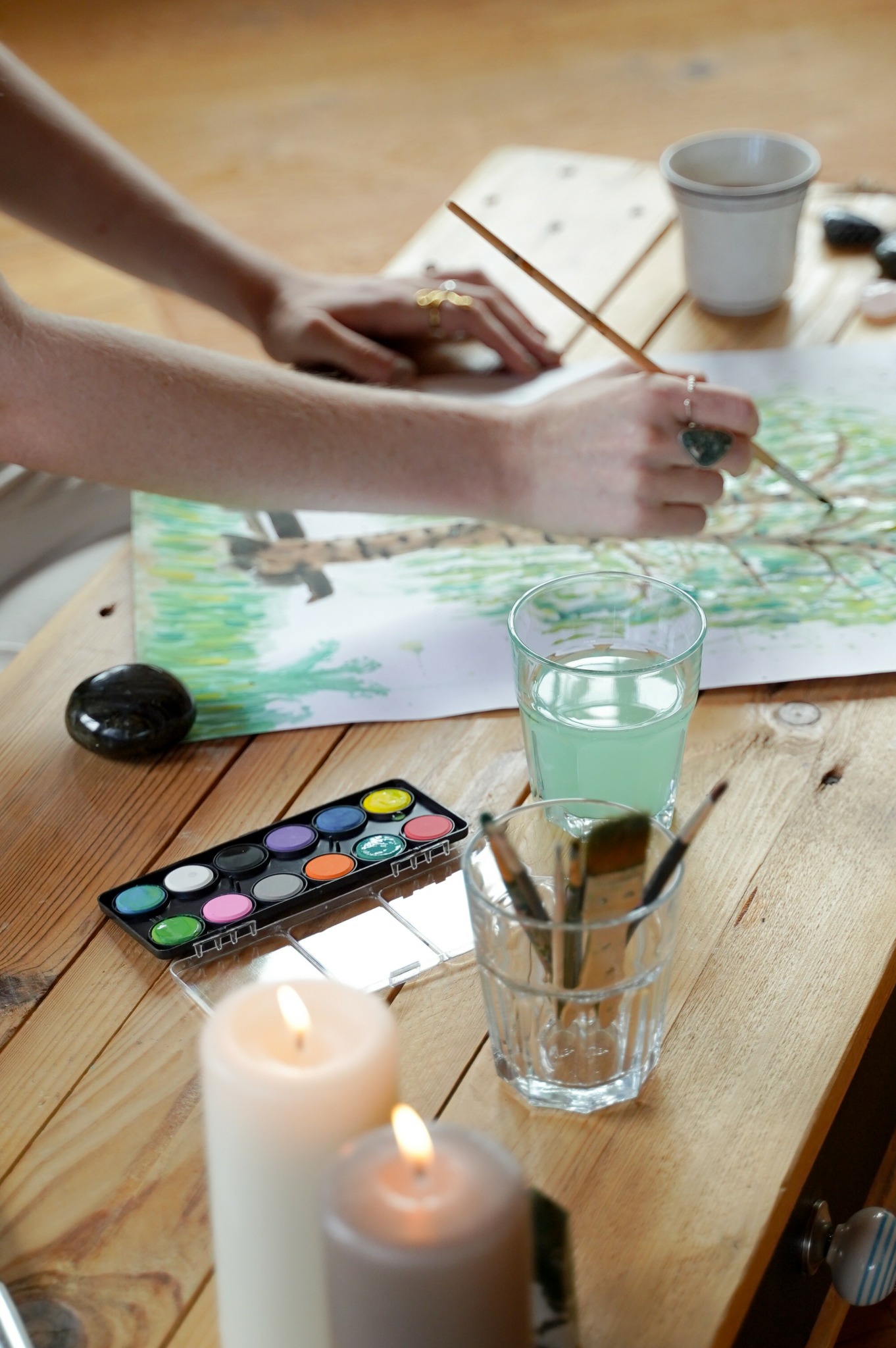
What’s a lesson you had to unlearn and what’s the backstory?
A lesson I had to unlearn is that my worth is tied to how much I do, or the impact I create.
For years, I pushed myself to keep going—driven by purpose, a deep sense of responsibility, and a desire to make a difference in the world. I was, by all external accounts, thriving: active in systems change work, receiving recognition, contributing to causes I cared deeply about. But behind the scenes, I was silently unraveling.
In 2022, I was officially diagnosed with burnout and chronic depression. The truth is, I had been living with high-functioning depression for at least five years. The breakdown didn’t come out of nowhere—it had been a long time coming. It also uncovered something deeper: a late diagnosis of ADHD, which I, like many women and femmes, had masked and compensated for my whole life without realising it.
The hardest part wasn’t the diagnosis. It was facing the belief I had internalised: that caring for myself was secondary to my mission. I had equated self-neglect with commitment, exhaustion with integrity. But eventually, I hit a wall. I couldn’t get out of bed, let alone carry the weight of the world.
The lesson I had to unlearn—painfully and slowly—was that I am not a limitless resource. I cannot pour from an empty cup. And more importantly, that taking care of myself is not indulgent or selfish; it’s foundational. If I burn out, I can’t contribute to the future I care so deeply about. And even if I manage to keep going, it won’t be from a place of vitality or hope, but of depletion and despair.
As someone visible in the changemaking space, I felt a responsibility to be honest—not just about the highlight reel, but the harder, messier truths too. I wanted others, especially the givers and caretakers of the world, to know they’re not alone. That what we’re experiencing isn’t a personal failure—it’s a systemic issue. And that we all deserve care, rest, and support—not as a reward for overwork, but as a basic right.
That’s why I started the well • change atelier: to help others navigate these same questions, and to create spaces where purpose and well-being are no longer at odds. Because the cost of trying to be a good person, of working toward a better world, should not be our health.
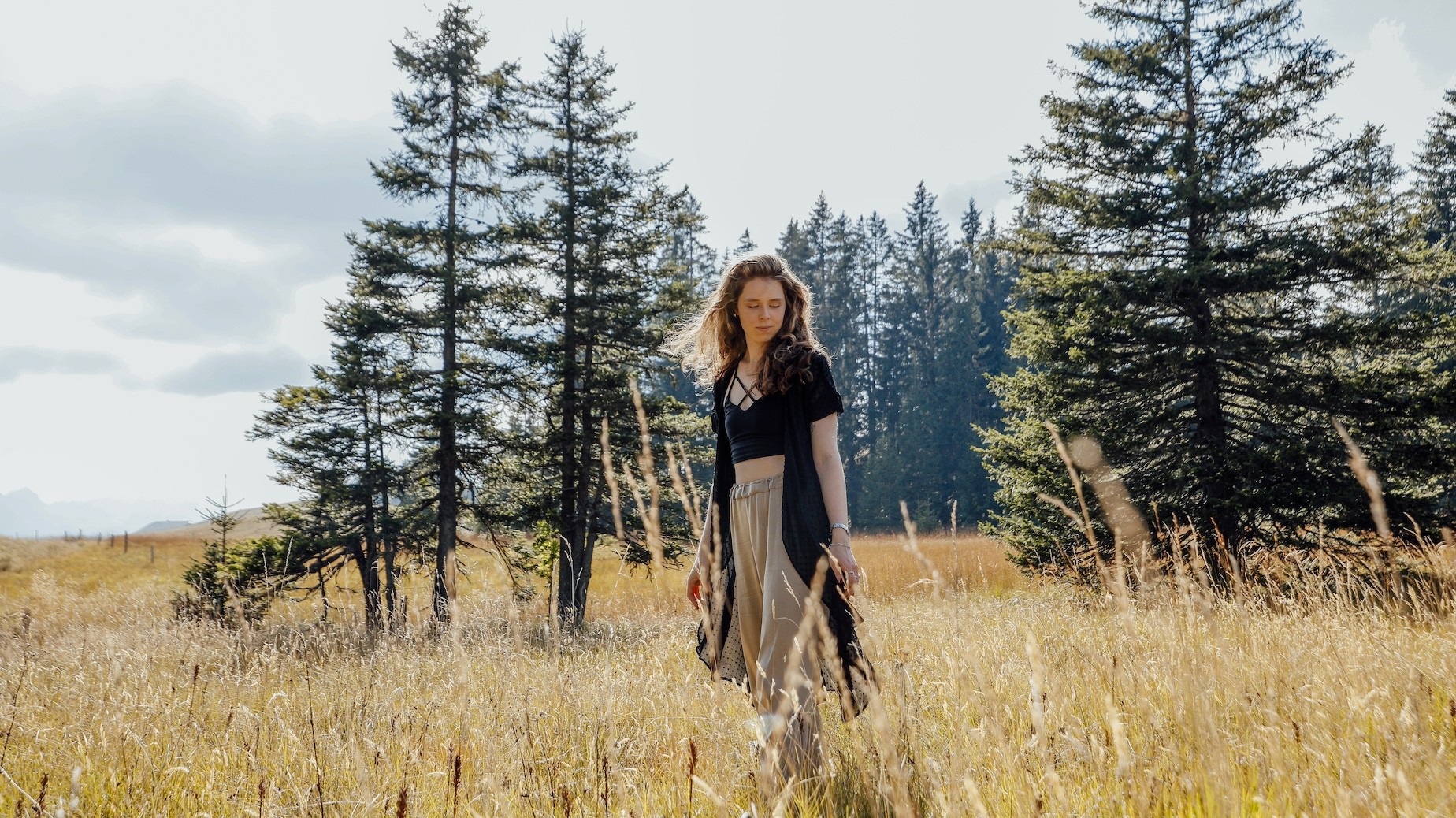
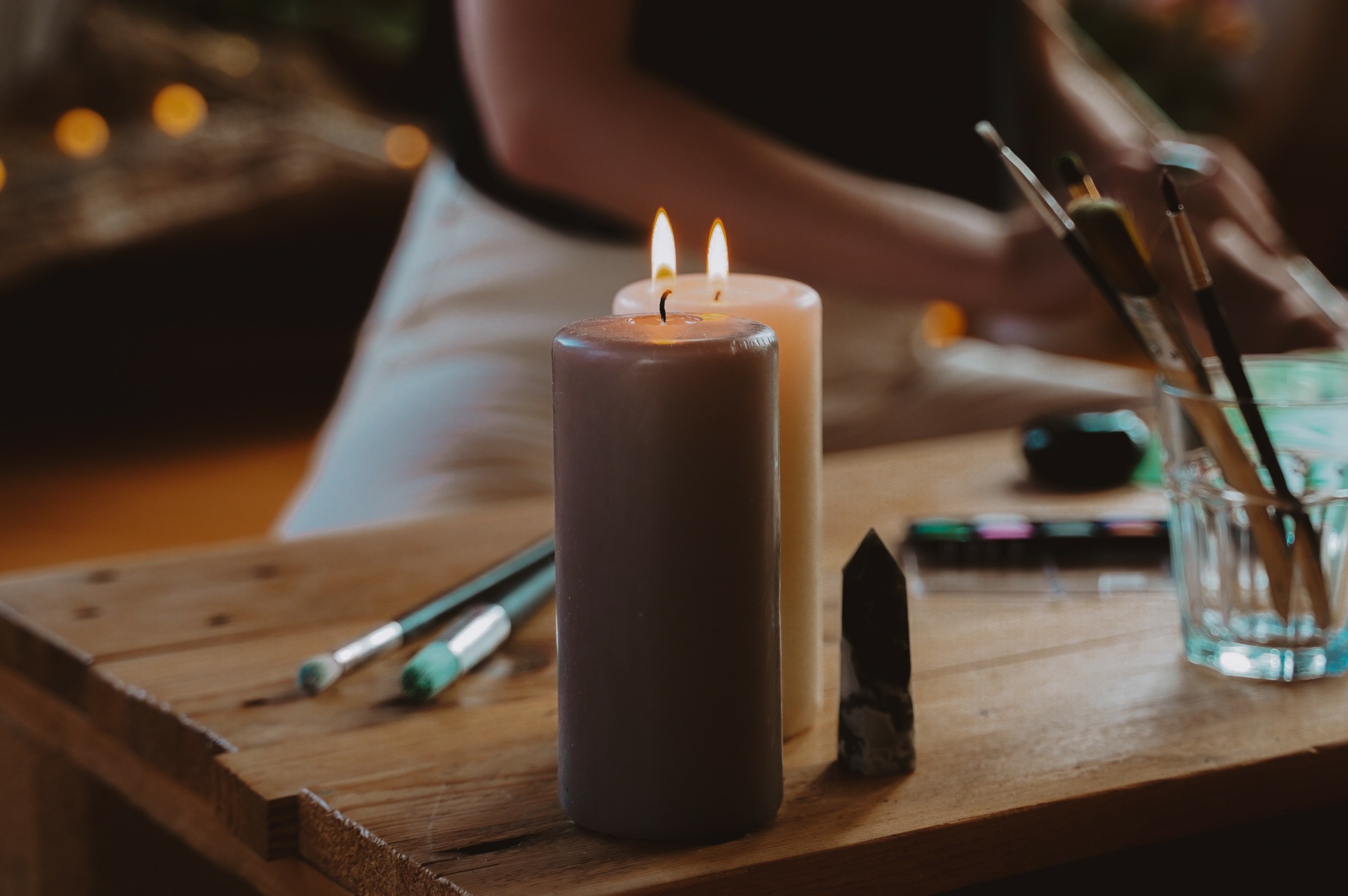
Let’s talk about resilience next – do you have a story you can share with us?
Accepting that I was burnt out and could not continue the way I had been running my life so far was incredibly hard for me. My whole identity was wrapped up in my work, in what I contribute to the world. Putting that on hold, pausing as I spent time in the burnout clinic, was like detoxing from a drug I had been addicted to for years. It was particularly hard because the organisation I was working in at that point, I had co-founded myself with other people, including my ex. That relationship left me a shell of who I was. I entered it an empowered and strong woman and leader, and left it a wreck. It syphoned my self-confidence, my clarity and my boundaries. In a way, I think I projected the trauma from this experience onto my project, which I could not let fail. Because if I did let it fail, what I endured would have been ‘for nothing’, and psychologically I could not let that happen.
So going through the process of understanding how poorly I had been treating myself, and accepting poor treatment from others, was very challenging. It required that I reckon with a lot of things that happened to me but that I had brushed under the carpet, bottled up, and distracted myself from with work. Going through this unraveling of who I thought I was and the stories I told myself, and coming out the other end more honest, humble and in some ways wiser, is a story of resilience in itself, to me.
As Alex Elle once said, “you don’t always have to hold it together or get it right. Standing in your power also looks like giving yourself the space to fall apart.” Allowing myself to fall apart was the beginning of reclaiming my power.
After these difficult experiences in (social) entrepreneurship, I considered going to work in an existing organisation. I was offered very prestigious positions in academia, for the government in international cooperation, and more. But I chose to follow my heart, follow my calling, and continue my social entrepreneurship journey. Armed with the hard learned lessons of my first organisation, I created the well, and a year later Parayma, to support more changeworkers and givers across the globe in bringing their unique contribution, with as much ease as possible.
Resilience does not have to mean gritting your teeth and getting ‘through it’. It may mean that sometimes, but resilience is not staying in toxic relationships or harmful environments. Or just in something you have outgrown. Resilience can look like quitting. Like saying no. Like moving into a new chapter. Taking a fall, learning from it and then not giving up but rather doing something valuable with those learnings is the definition of resilience to me.
Contact Info:
- Website: https://www.changeatelier.org
- Instagram: https://www.instagram.com/thewell.changeatelier/
- Facebook: https://www.facebook.com/thewellchangeatelier
- Linkedin: https://www.linkedin.com/company/thewellchangeatelier
- Youtube: https://www.youtube.com/@thewell.changeatelier
- Other: https://www.pinterest.ch/thewellchangeatelier/
www.linkedin.com/in/norawilhelm
https://www.instagram.com/nora.wilhelm/
https://bsky.app/profile/norawilhelm.bsky.social
https://www.pinterest.com/norawilhelm/
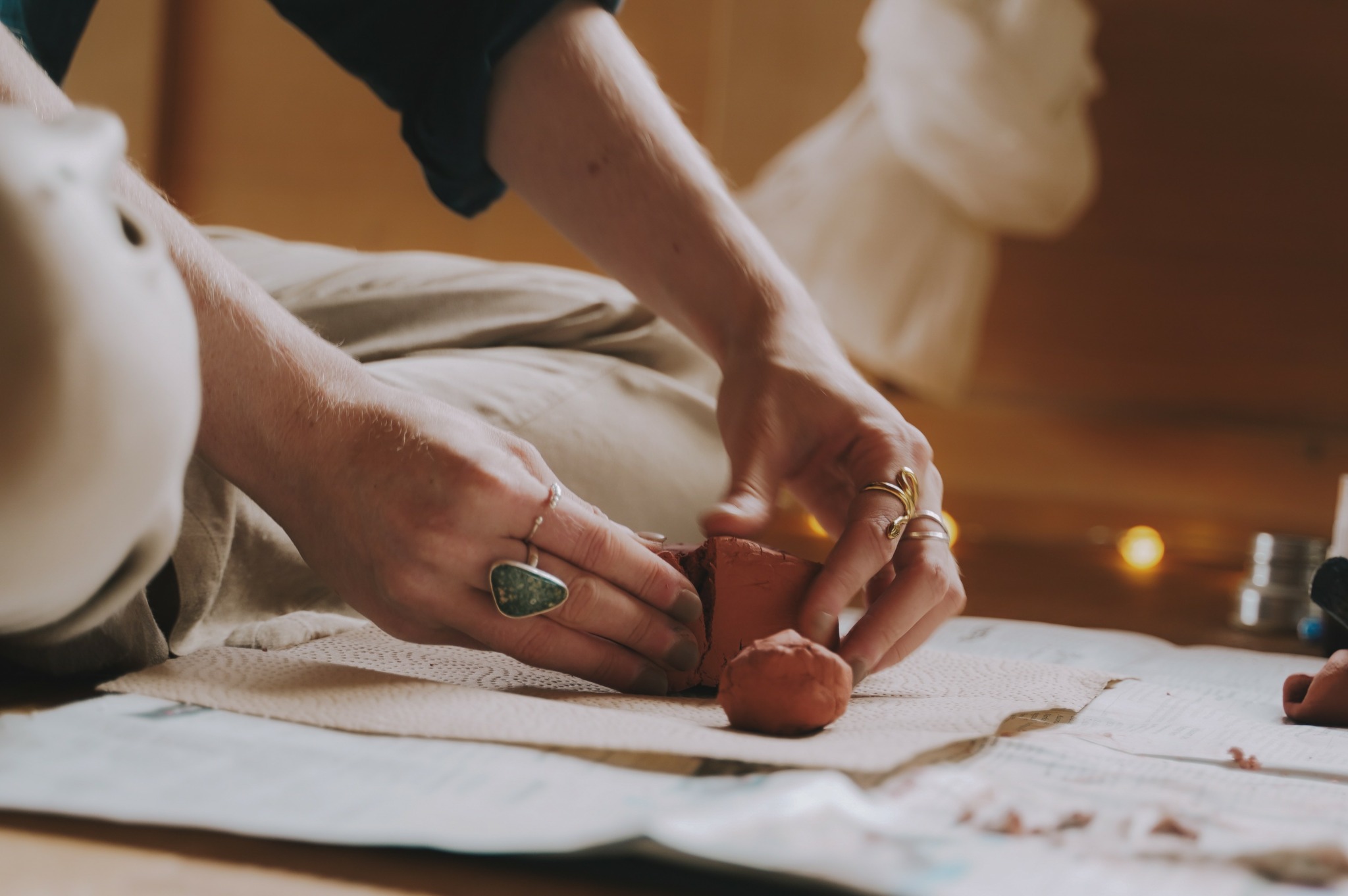
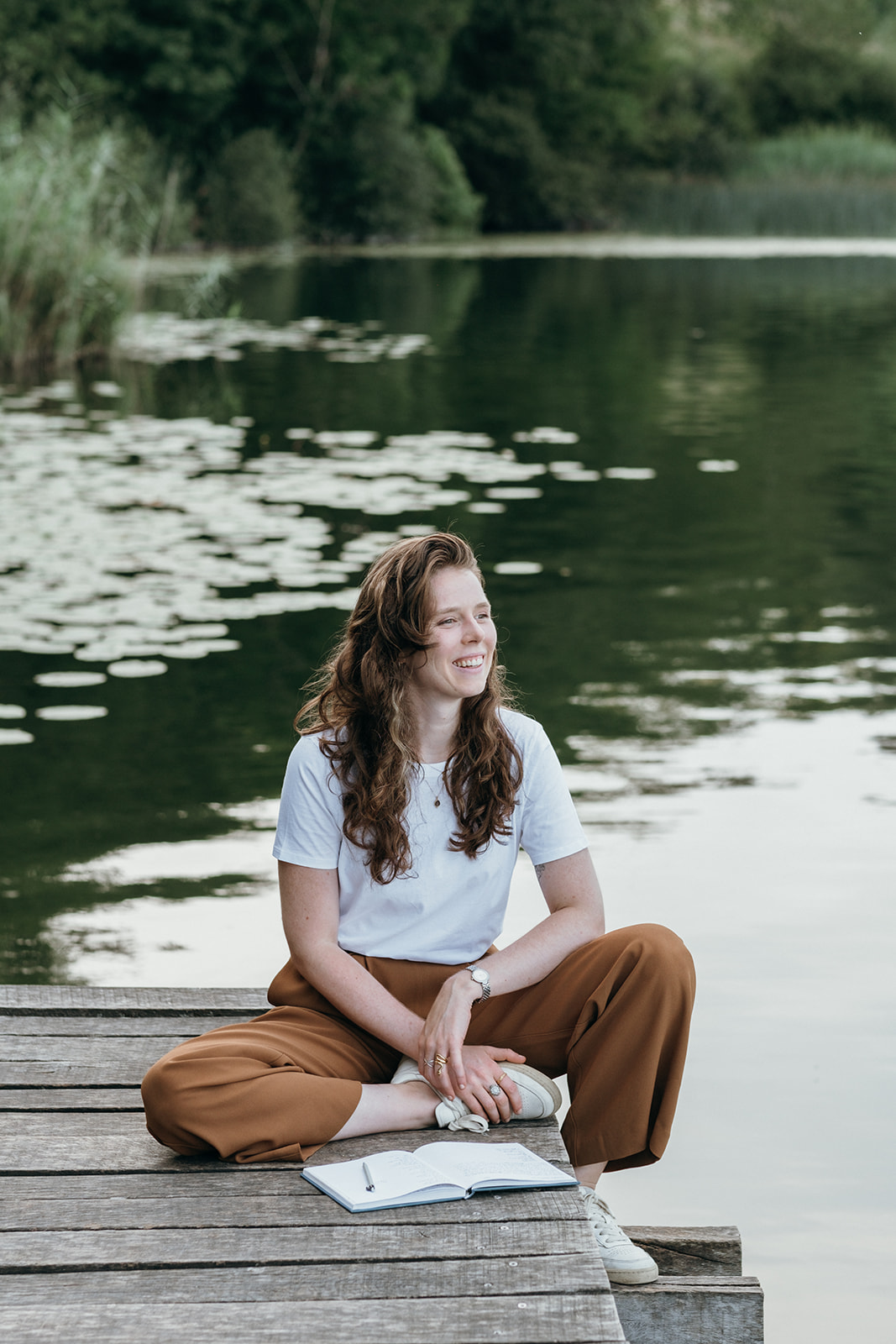
Image Credits
the neutral studio
Sherin Ledermann


